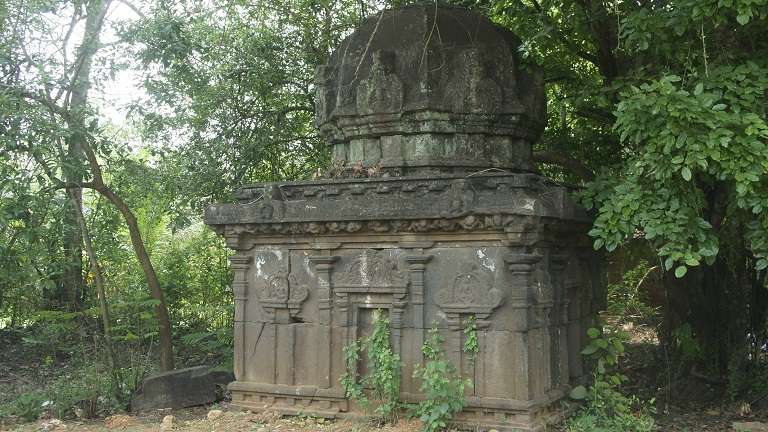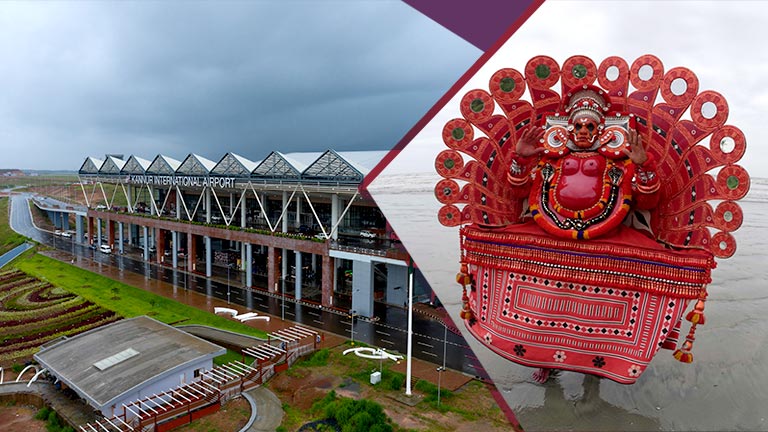Thrithala

Near the banks of Bharathapuzha river is a small village called Thrithala that has its own cultural and historical significance. The presence of old monuments and ruins here makes it a desired destination for archaeologists.
Ruins of a large mud fort can be seen a few kilometers to the south of Thrithala. A huge moat hewn from laterite is a highlight of the fort.
The Kattil Madom temple, a domed structure built with granite slabs, is another monument in the region, notable for its architecture. It is believed that the temple, where the Hindu god Shiva is worshipped, originally belonged to the Buddhists in the 9th and 10th century.
Legends and History:
Thrithala was the main locus of the legend of 'Parayi Petta Panthirukulam' (12 clans born of a low-caste woman). Vararuchi, a sage and scholar, who married a Parayi (a low-caste) and had 12 children by her, is said to have abandoned all the children soon after their birth at Thrithala. The 12 children, who were brought up by people from different castes, made Thrithala their Karma bhoomi (literally translated as the 'land of one's actions').
Agnihothri, Vararuchi's first son, brought up by a Brahmin, is said to have conducted 99 yajnas (a ritual practice or offering) at Thrithala. The ancestral home of Agnihotri here attracts a lot of visitors. Another son of Vararuchi, Pakkanar, the pariah saint, is also believed to have spent his life here. The Pakkanar memorial on the Thrithala-Koottanad road is worth a visit.
Other Peculiarities:
Thrithala is also known for its Ayurvedic centres like Vaidyamadom Hospital at Mezhathur and CNS Ayurvedic Chikitsalayam. It is also the birthplace of V. T. Bhattathirippad, the social reformer who worked towards the reformation of casteism and conservatism that existed in the Namboothiri Brahmin community during the 19th century.


